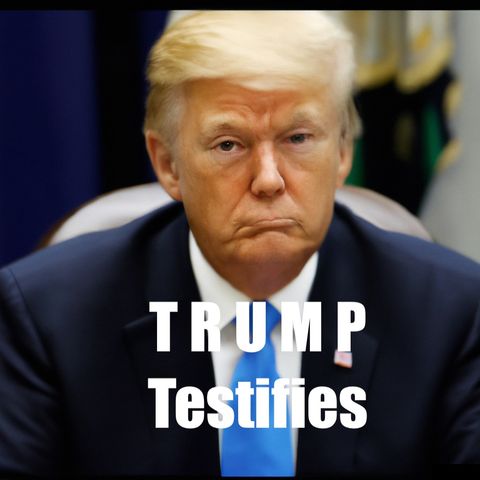28 OCT 2024 · In the American legal landscape, few court trials have invoked as much attention and controversy as those involving former U.S. President Donald Trump. While court trials of this magnitude are often viewed through the lens of political bias and partisanship, disregarding the fundamental aspects of legal proceedings and the sanctity of the justice system, it is essential to reduce these important issues to their basic legal elements to avoid perpetuating misunderstanding and misinformation.
Even as a former head of state, Donald Trump has been under a magnifying glass in the courtroom, setting legal precedents and igniting nationwide debates. His trials echo the warnings of one of Trump's predecessors, Abraham Lincoln, who, during a speech at the Young Men's Lyceum in Springfield, Ill., in 1838, cautioned that the greatest danger to the nation came not from foreign invaders but from within. His prophetic speech rings true as we grapple with the intense political polarization exacerbated by Donald Trump's court cases.
Interpretations and perspectives on the trials vary significantly, and critics argue that the trials have become a litmus test for loyalty within political factions. Supporters view them as an indictment against an administration they say was fraught with corruption, while his followers believe them to be politically motivated attacks against an innocent man.
Legitimacy aside, these trials carry significant weight and have far-reaching implications for the legal and political landscape in the United States. They have questioned the limits of executive power, the role of nepotism in politics, and the integrity of our justice system. They have become a national spectacle and a divisive tool, both sides ready with their arguments even before a verdict's announcement.
Trump's court trials have drawn a line in the sand for many Americans, as divisions in political ideologies have become even more apparent. Despite the division, these trials serve as a timely reminder of the importance of political accountability and the rule of law, giving a new meaning to Lincoln's warning about threats from within.
Whether the outcome of Trump's trials results in conviction or acquittal, what emerges undeniably is a compelling discourse about the nature of politics, the judiciary, and their interaction in the United States. As Abraham Lincoln once said, "You cannot escape the responsibility of tomorrow by evading it today." The trials have forced Americans to face up to this reality, and in doing so, they have underscored the importance of democracy's checks and balances.
Despite the trials making for uncomfortable viewing for some, they underscore the importance of the American values of due process, equal treatment under the law, and a presumption of innocence. It's a reassurance that the wheels of justice, though slow, are moving - and anyone, including a former president, is held accountable.


